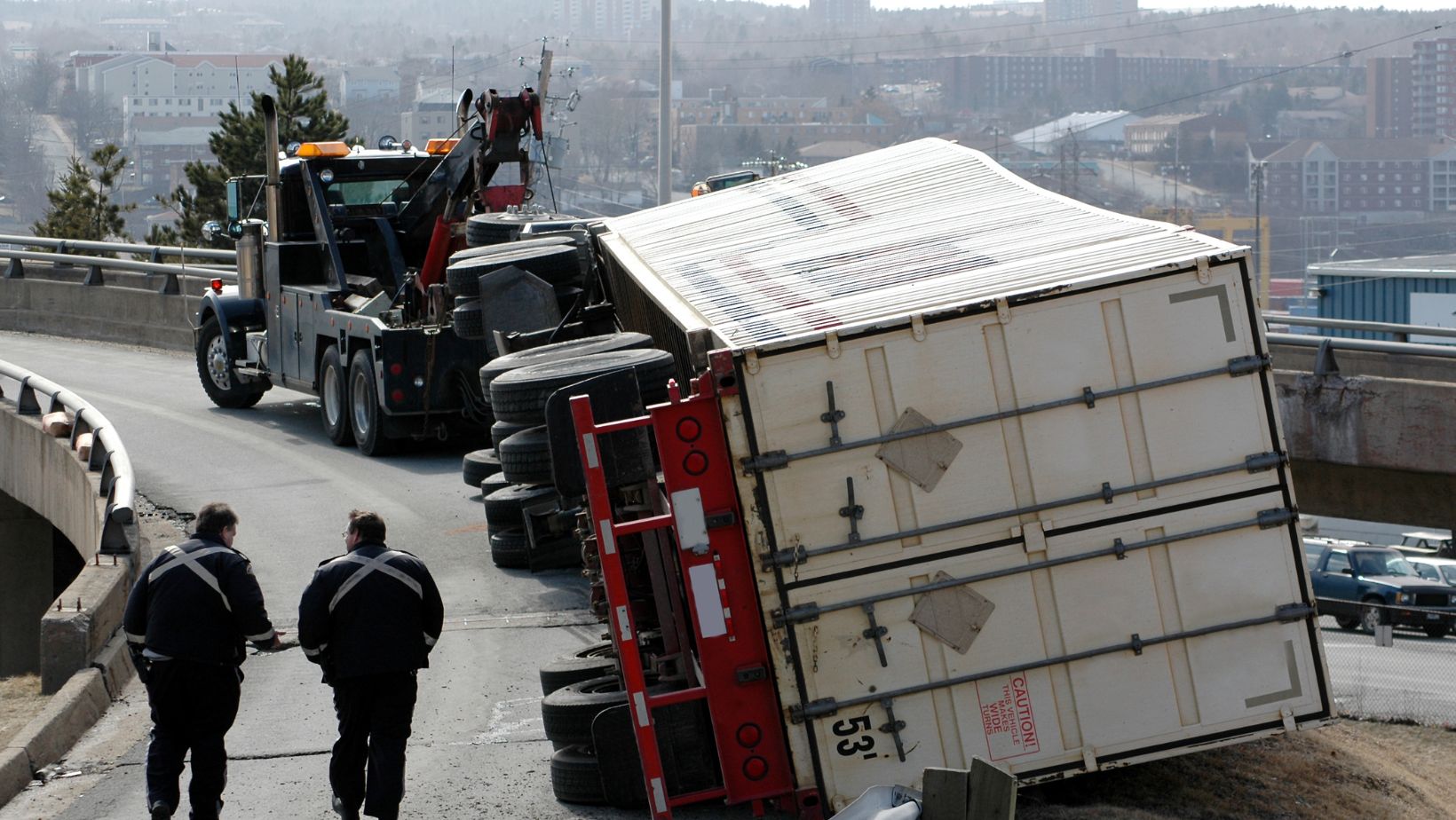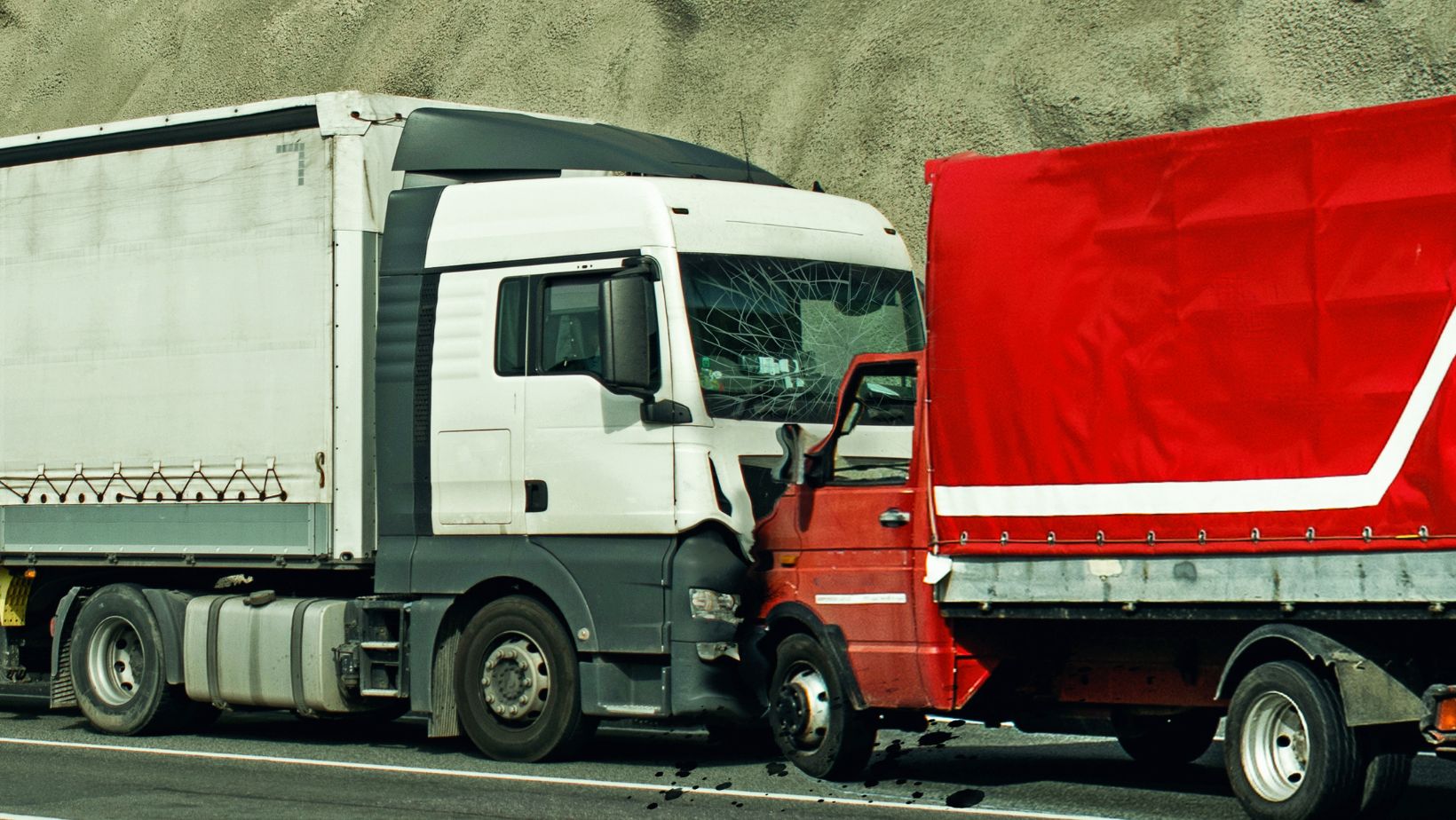Truck accidents can be deadly, and even when they’re not deadly, they’re typically very destructive. That’s partially because trucks are such massive, powerful vehicles on the road. So, what exactly are you supposed to do if you’ve been the victim of a truck accident? What are the first steps to take after the collision?
Immediate Steps to Take
Immediately after the collision, these are the most important steps to take:
· Get to safety. Your first priority needs to be getting to safety. After a truck accident, you may be in a vulnerable position, exposing yourself to further collisions. If your car is drivable, get it to the side of the road. Otherwise, choose the safest area and stay there.
· Call for help. You should also call for help, especially if someone has been seriously injured. Even if there are no apparent serious injuries, medical professionals and law enforcement officers should be called to the scene.
· Help others. If there are others in need of assistance, render aid however you can. Just be sure to exercise caution, especially if someone appears to have a back or neck injury.
· Gather evidence. It’s a good idea to gather as much evidence as possible while you’re still at the scene of the accident. At the very least, you should take photos and videos of the scene. If you have dash cam footage, preserve it. If there are witnesses, try to get their contact information.
· Get a police report. It’s important to file a police report immediately after the accident so there’s an official record of events. Make sure everything in it is accurate before signing off.

· Go to a hospital. Seek medical attention for yourself, even if you don’t feel the pain associated with an injury. This is going to be especially important if you plan on seeking compensation.
Planning for Legal Action
After the collision and your immediate medical attention, your next priority is planning for legal action. A Columbia truck accident lawyer can review the details of your case, help you understand the legal context of the matter and your options, and ultimately advise you on how to proceed.
Depending on the nature of the case, you may be eligible for compensation for the damages you sustained. These may include damages well above the settlement offer you may have received from the insurance company. Your lawyer has your best interests in mind, so take their advice seriously if you want to end up in the best possible position.
You can do some research on your own before you talk to a lawyer. It’s a good idea to review the basics of negligence claims and get a feel for what types of damages you might be awarded if you’re victorious in the case. Using search engines and AI, you can learn some of the fundamentals so you’re better equipped for your conversations with your lawyer. However, AI is not suitable for legal advice at this time.
Recovering From a Truck Accident
After that, you need to focus on your recovery:
· Follow all medical instructions and advice. It’s important that you follow all medical instructions and advice. If it’s recommended that you undergo physical therapy, do it. If you’re prescribed certain medications, take them. If you need to attend follow-up appointments, do so. Your doctors know what they’re doing, and most of your medical expenses are likely to be compensable.

· Get plenty of rest. When it comes to physical injuries, rest is arguably one of the most important things. You need to get plenty of sleep, avoid strenuous activities, and allow your body to naturally recover. When you’ve recovered enough, you can start lightly exercising and restoring your mobility but don’t do this prematurely unless you want to make your injuries worse.
· Stay social. As much as possible, stay social throughout your recovery. Social connections are invaluable for your mental health, and they can help you feel better about what you’re dealing with.
· Lean on others for help. Don’t be afraid to lean on others for support, especially if you’ve been physically incapacitated. Your spouse, your family members, your friends, and your neighbors are probably all eager to help in any way they can. All you have to do is ask them.
· Seek counseling or therapy. The trauma of an accident may disrupt your mental and emotional well-being for years to come. Even if you don’t have PTSD or anxiety symptoms as a result of the accident, you might experience depression or similar symptoms as a result of your physical injuries and limitations.
Truck accidents are often traumatic and sometimes deadly. If you’ve survived a truck accident, count yourself lucky, focus on recovery, and pursue any legal action that might be relevant to you.
























